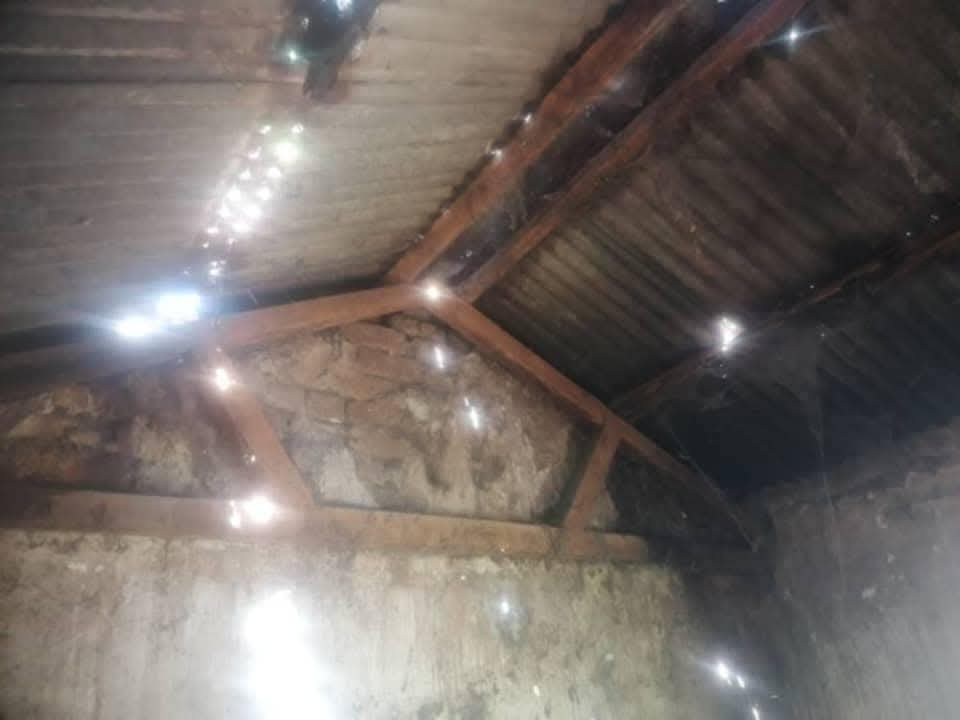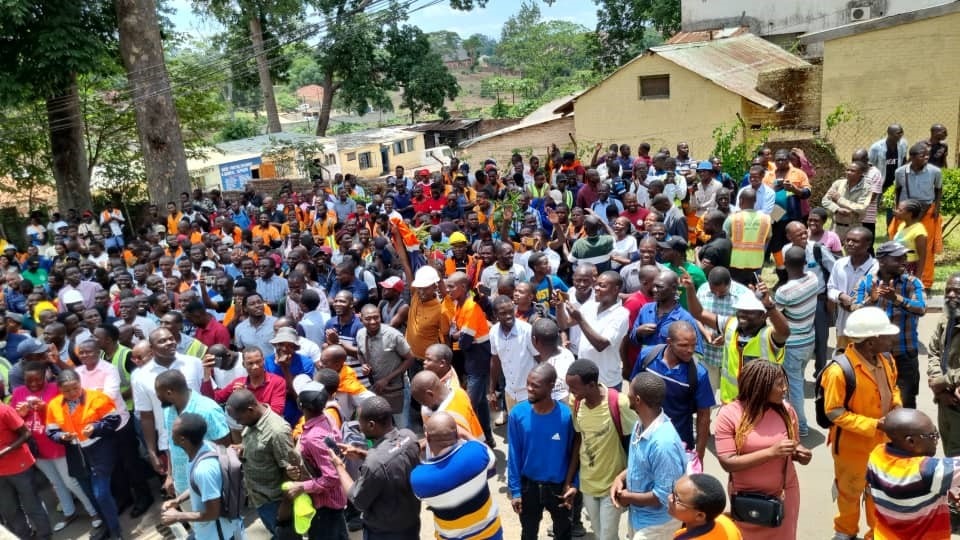By Burnett Munthali
The Mangochi Magistrate’s Court has come under intense scrutiny following shocking revelations about a severe lack of sanitation facilities at the premises.
Inmates, police officers, and members of the public are reportedly being forced to use a dilapidated storeroom as a toilet due to the absence of functional restrooms.
This makeshift solution to a fundamental necessity has sparked a wave of criticism and public outcry, bringing into focus the broader issue of infrastructure decay in key government institutions.
The situation is made even more alarming by the fact that the same premises also house important offices such as the District Information Office and the Department of Information (Visual).
Yet, despite being a hub for multiple departments, the court has had no running water since the Southern Region Water Board disconnected the supply.
The disconnection has exacerbated an already unacceptable condition, leaving workers and visitors with no choice but to endure unsanitary and humiliating circumstances.
This breakdown in basic services has drawn sharp rebuke from human rights advocates, legal experts, and even traditional leaders, who warn that the conditions pose a serious public health risk.
They argue that the current state of affairs undermines the dignity and safety of all who work, visit, or seek justice at the facility.
Chancy Chisambi, Programmes Manager for the Centre for Good Governance and Human Rights Education (CEGORE) in Mangochi, did not mince his words.
“This is more than just a health hazard — it’s a human rights issue,” he declared.
Chisambi stressed that it is both shocking and unacceptable for a facility that symbolizes law, order, and justice to be operating under such deplorable conditions.
He emphasized that justice should not be dispensed in an environment where basic human needs are neglected and rights trampled upon.
The so-called “toilet” being used by court users and staff is nothing more than an old, run-down storeroom with no running water, no ventilation, and no toilet paper.
Accused persons — some of them brought in barefoot and already in vulnerable conditions — are subjected to highly unhygienic surroundings.
Such conditions, according to health experts, are fertile ground for the outbreak of waterborne diseases and infections, posing a threat to both staff and the general public.
A police prosecutor stationed at Mangochi Police Station, who spoke on condition of anonymity, described the environment in grim terms.
He called it both “nauseating and degrading,” adding that police officers are struggling daily to maintain some semblance of hygiene and professionalism in such dire circumstances.
“We’re doing the best we can, but the lack of water and proper sanitation makes it nearly impossible,” the officer lamented.
He underscored the urgency of the situation and urged authorities to take swift and decisive action before things spiral further out of control.
Traditional Authority (T/A) Mapira, whose jurisdiction includes the Mangochi Magistrate’s Court, also weighed in with a stern warning.
He said the issue was not just about broken toilets or water shortages but about the fundamental dignity of the Malawian citizen.
“This is a matter of dignity and human decency,” he said.
T/A Mapira insisted that ignoring such a crisis in a government institution sets a dangerous precedent and undermines the trust of citizens in public service systems.
He called on relevant government departments, including the Ministry of Justice, the Judiciary, and the Ministry of Local Government, to intervene without delay.
Repeated attempts to get a response from the Eastern Region Judiciary Office, under the Zomba Chief Resident Magistrate, proved unsuccessful.
Phone calls went unanswered, and no official comment had been issued by the time of writing this article.
As the court continues to operate in these shocking conditions, the silence from authorities only deepens the frustration and disillusionment among citizens.
The Mangochi Magistrate’s Court sanitation crisis is more than a local infrastructure issue — it is a microcosm of the challenges facing Malawi’s public institutions.
If justice must be delivered, then it must be done in conditions that uphold the dignity, health, and rights of all involved.
For now, the justice system in Mangochi is functioning in filth — and the question remains: will those in power do anything about it?




